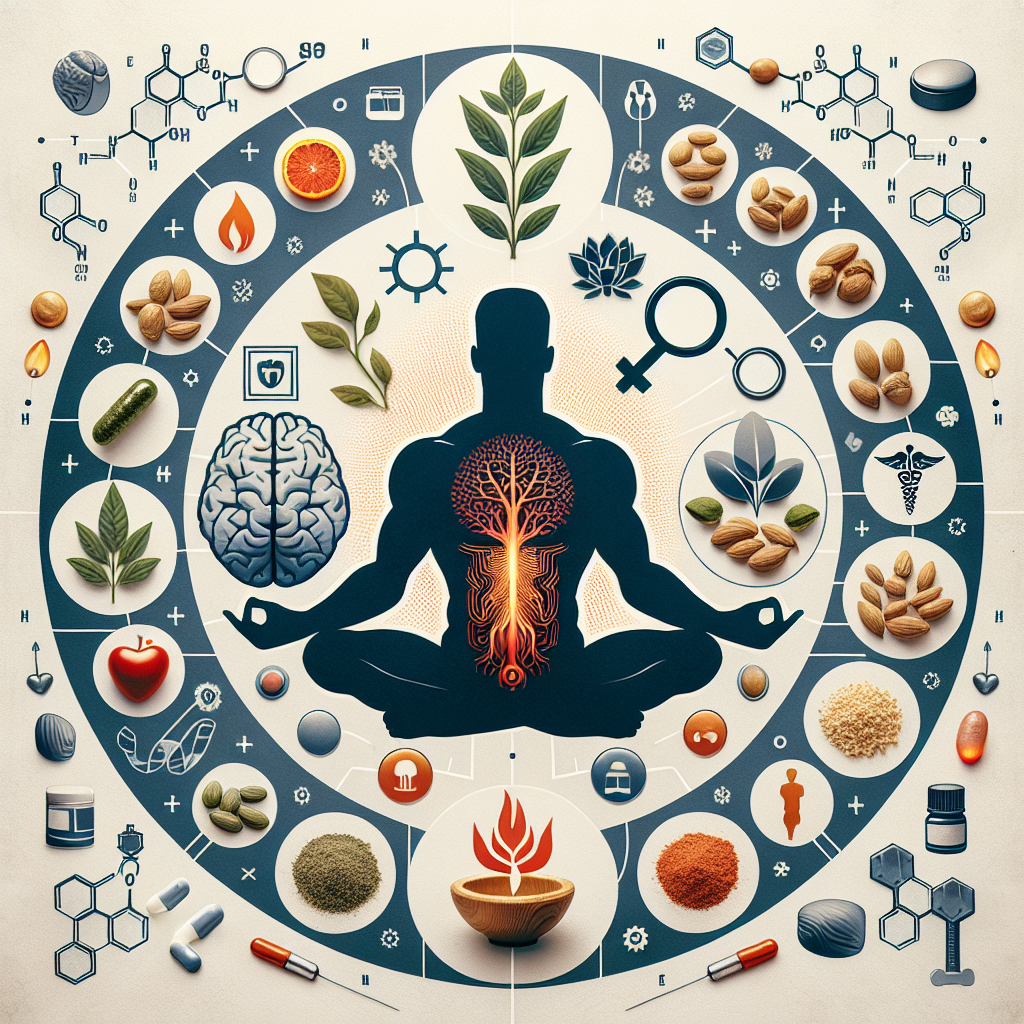There are various reasons why erectile dysfunction (ED) increases as men age. Here’s a breakdown of several major age-related contributors:
Physical changes:
Decreased Testosterone: As we age, our bodies’ natural production of the hormone testosterone decreases. This progressive decrease in testosterone levels is a natural aging process. Still, it can have serious consequences for men’s sexual health and function.
Testosterone is essential for male sexual growth and function. It is in charge of the male reproductive organs’ growth and maintenance, sperm generation, and the development of secondary sexual traits like facial and body hair, a deeper voice, and increased muscle mass.
Testosterone also plays an important part in regulating a man’s libido or sexual urge.
As testosterone levels decline with age, many men may suffer a reduction in sex drive or libido. This may make it more difficult to become sexually aroused and obtain or maintain an erection during sexual activity.
Lower testosterone levels can also cause physical and emotional changes, such as decreased muscular mass and strength, exhaustion, and mood changes.
It is crucial to remember that the rate and intensity of testosterone reduction varies by individual, and some men may suffer more substantial alterations than others. Overall health, lifestyle, and genetics can all influence the rate of testosterone reduction.
Suppose you are concerned about your testosterone levels and their potential impact on your sexual health. In that case, you should speak with your healthcare professional. They can do tests to determine your testosterone levels and talk about various treatment choices, such as lifestyle changes or hormone replacement therapy, to help you manage the symptoms of low testosterone as you age.
Vascular Health: Age-related disorders such as atherosclerosis (artery hardening) can reduce blood flow throughout the body, including to the penis. This reduced blood flow can make it harder to get an erection.
Nerve Health: Certain neurological diseases that become increasingly common with age, such as diabetes-related neuropathy, might harm nerves that control erections.
Age-related eating disorders are widespread, although they are not unavoidable.
Other considerations:
Drugs: Some drugs used to treat a variety of health disorders may cause ED as a side effect.
Chronic health issues, such as diabetes, heart disease, and high blood pressure, can all contribute to erectile dysfunction.
Lifestyle Factors: Maintaining a healthy weight, exercising frequently, and managing stress can all enhance blood flow and overall health, potentially lowering the incidence of eating disorders.
Important points:
Age-related eating disorders are widespread, although they are not unavoidable.
Addressing underlying health issues, adopting healthy lifestyle practices, and consulting with a doctor about treatment options can all help improve sexual health.
Here are some resources that you may find useful.
American Urological Association: https://www.auanet.org/guidelines-and-quality/guidelines/erectile-dysfunction-%28ed%29-guideline
Mayo Clinic on Erectile Dysfunction: https://www.mayoclinic.org/diseases-conditions/erectile-dysfunction/multimedia/vid-20531988
Remember that seeing a doctor is essential for receiving an accurate diagnosis and discussing treatment options for ED. Numerous successful therapies are available, and your doctor can assist you in determining the best method for your particular circumstance.

Dominic E. is a passionate filmmaker navigating the exciting intersection of art and science. By day, he delves into the complexities of the human body as a full-time medical writer, meticulously translating intricate medical concepts into accessible and engaging narratives. By night, he explores the boundless realm of cinematic storytelling, crafting narratives that evoke emotion and challenge perspectives. Film Student and Full-time Medical Writer for ContentVendor.com



